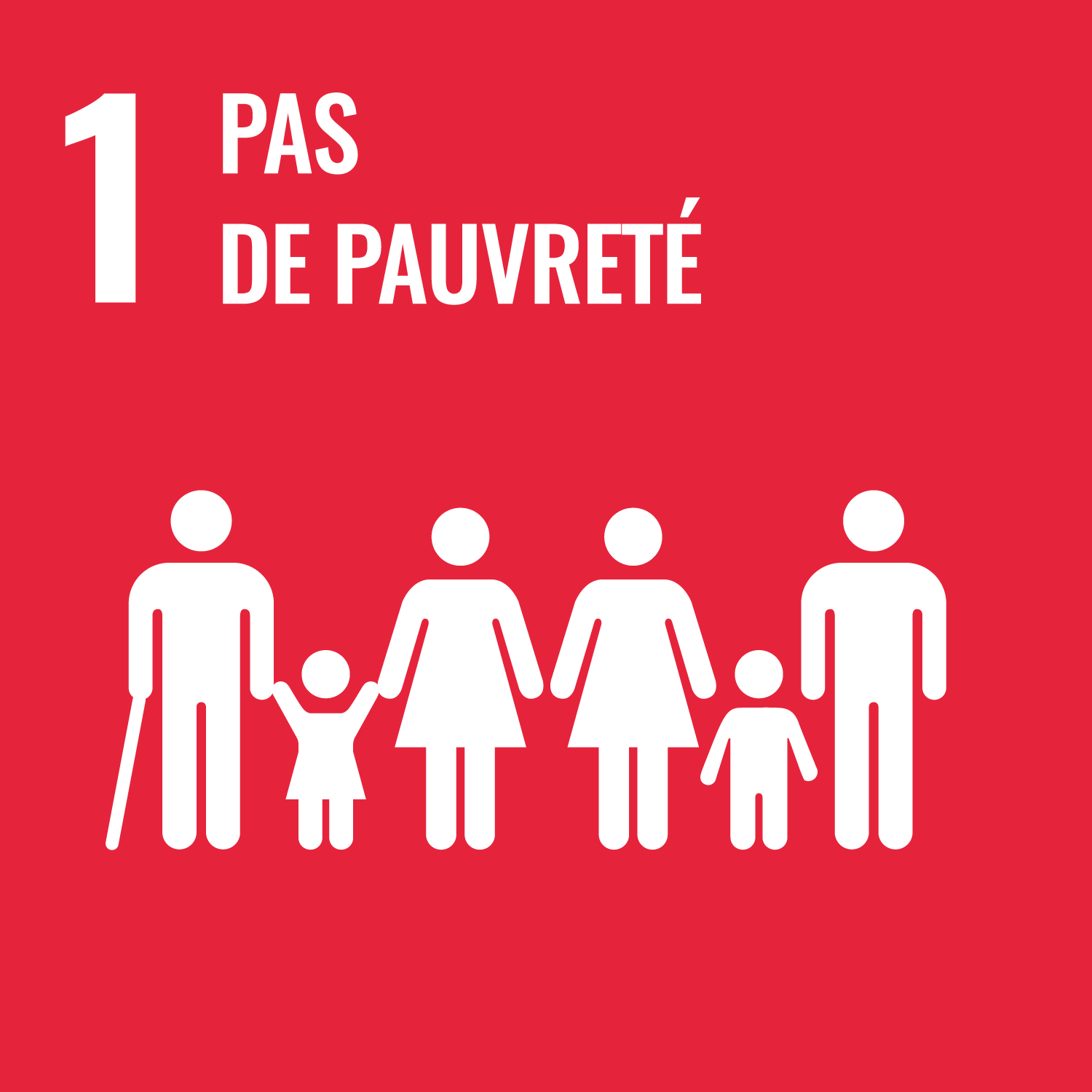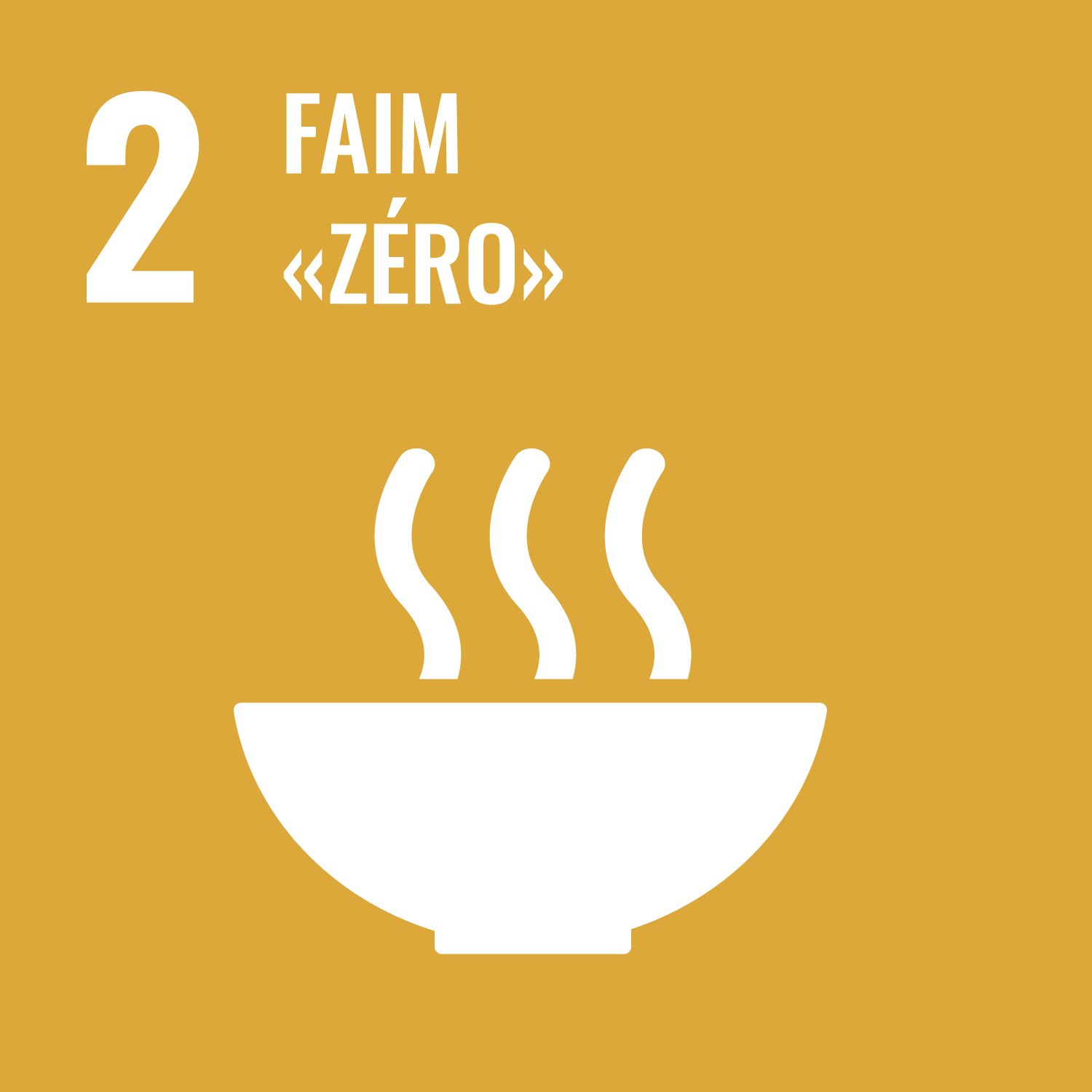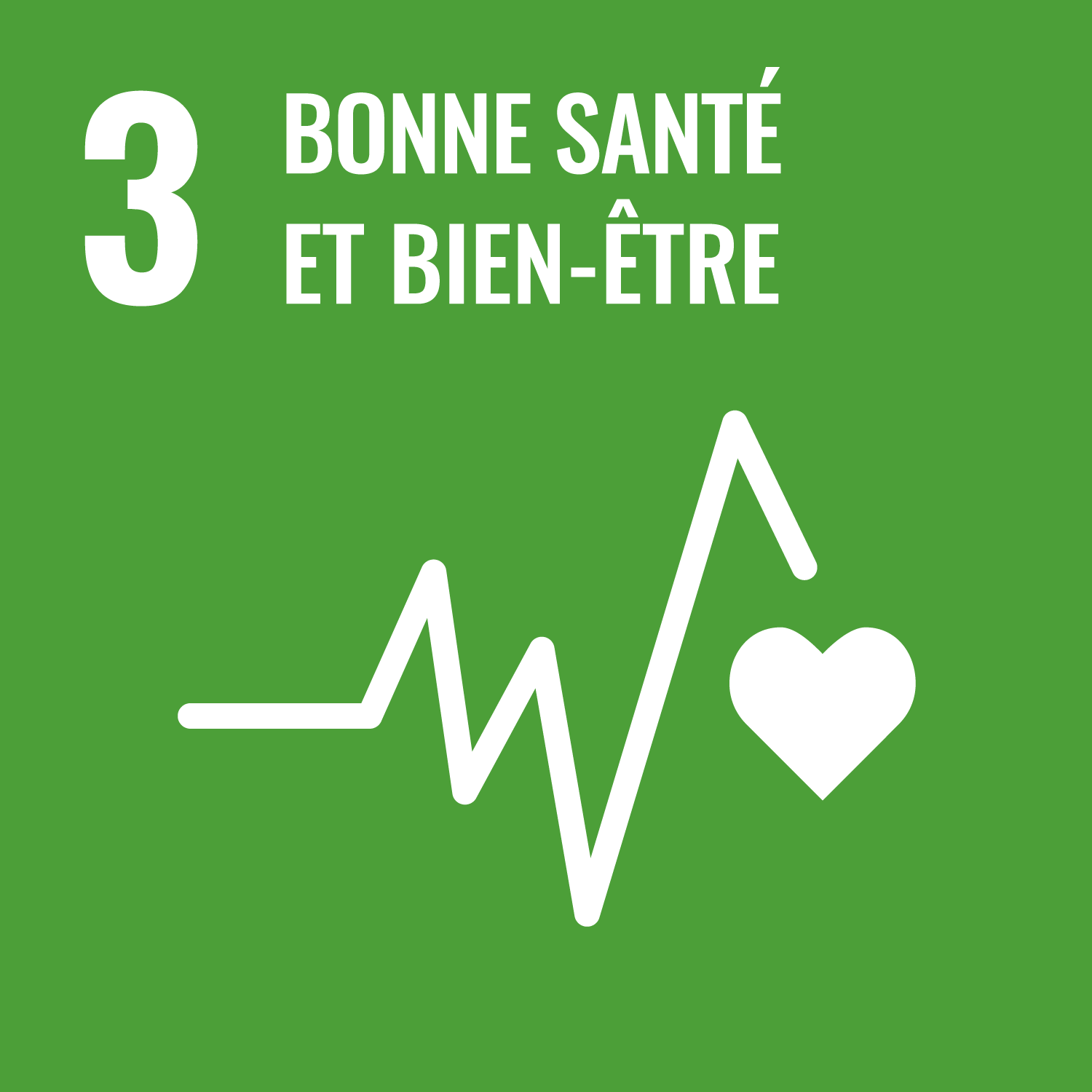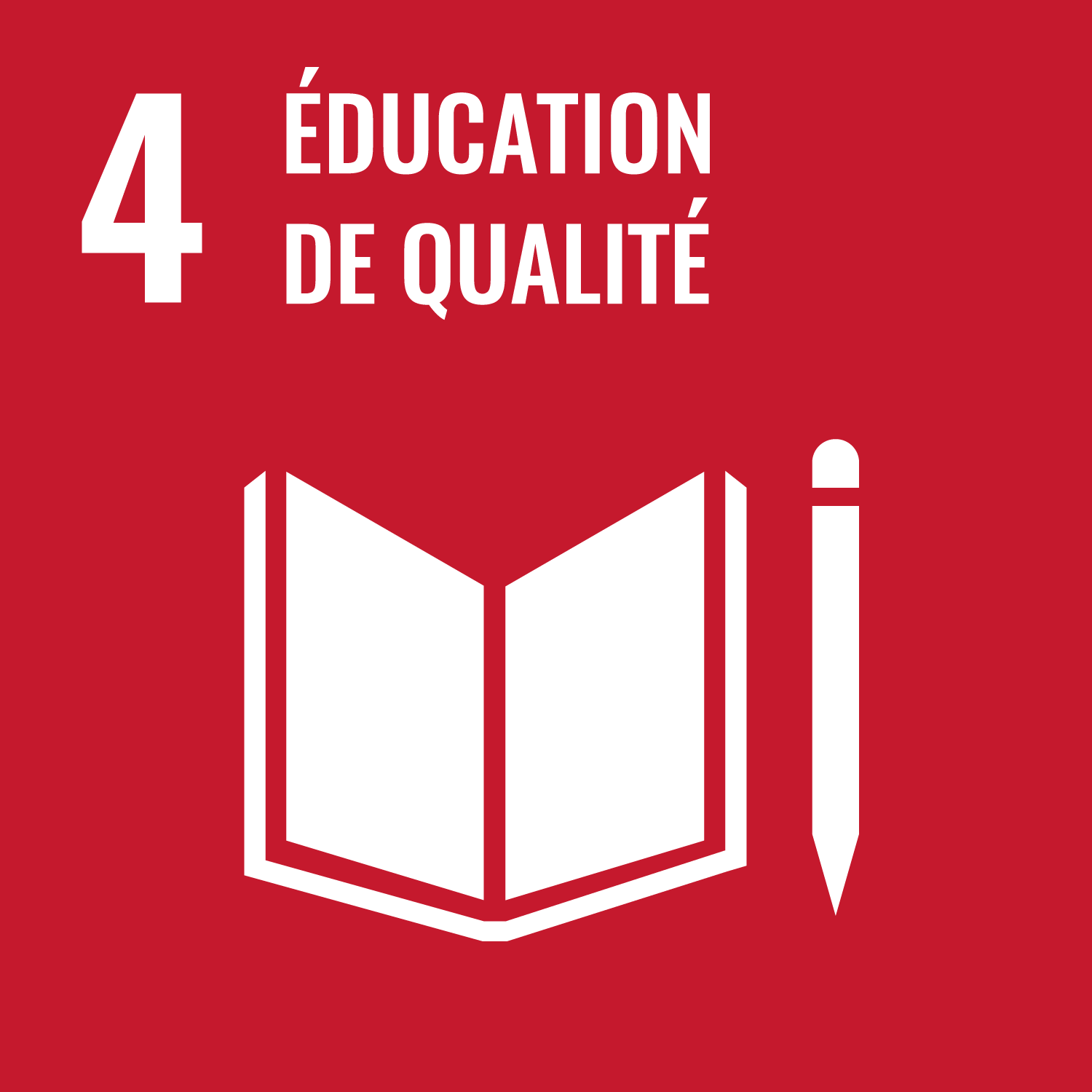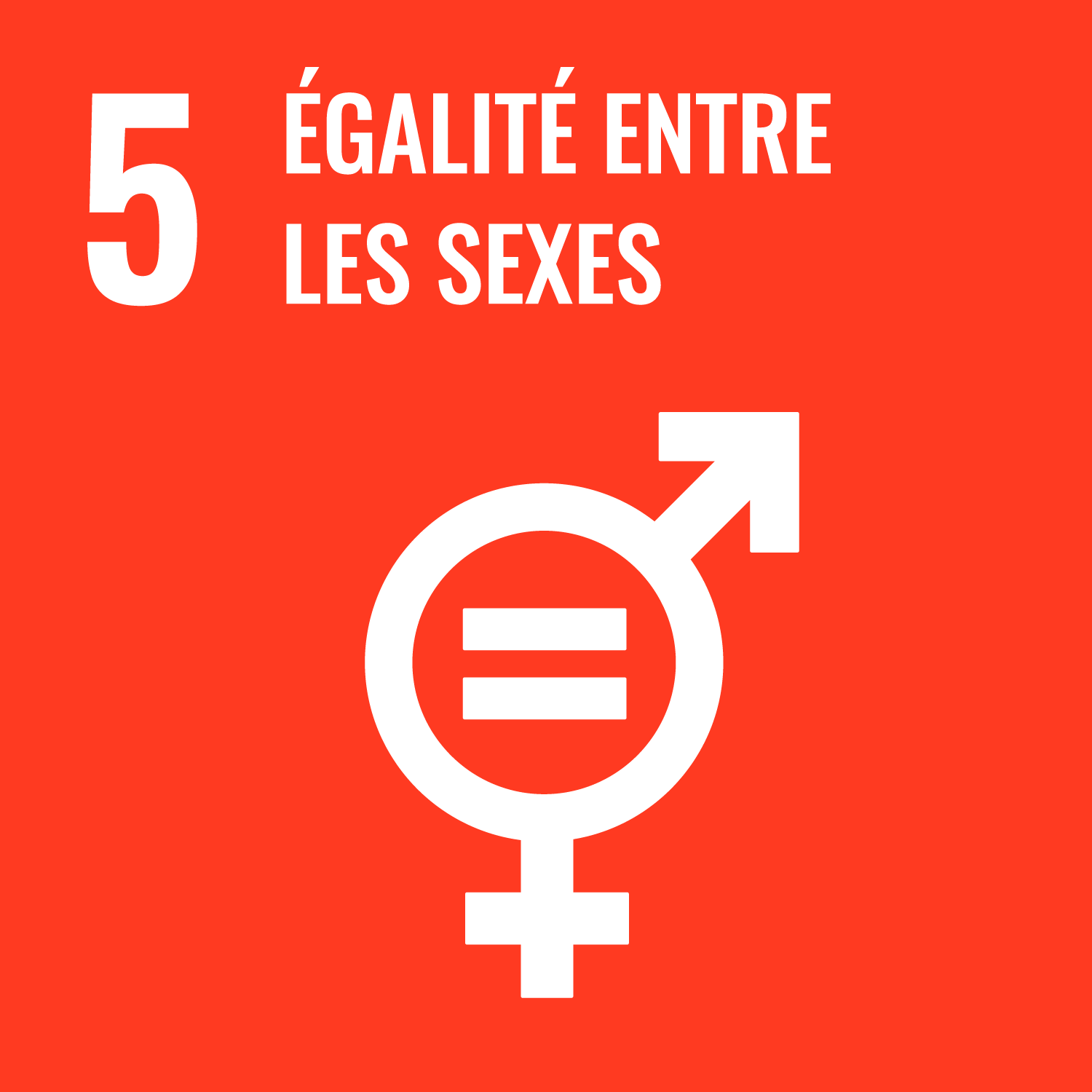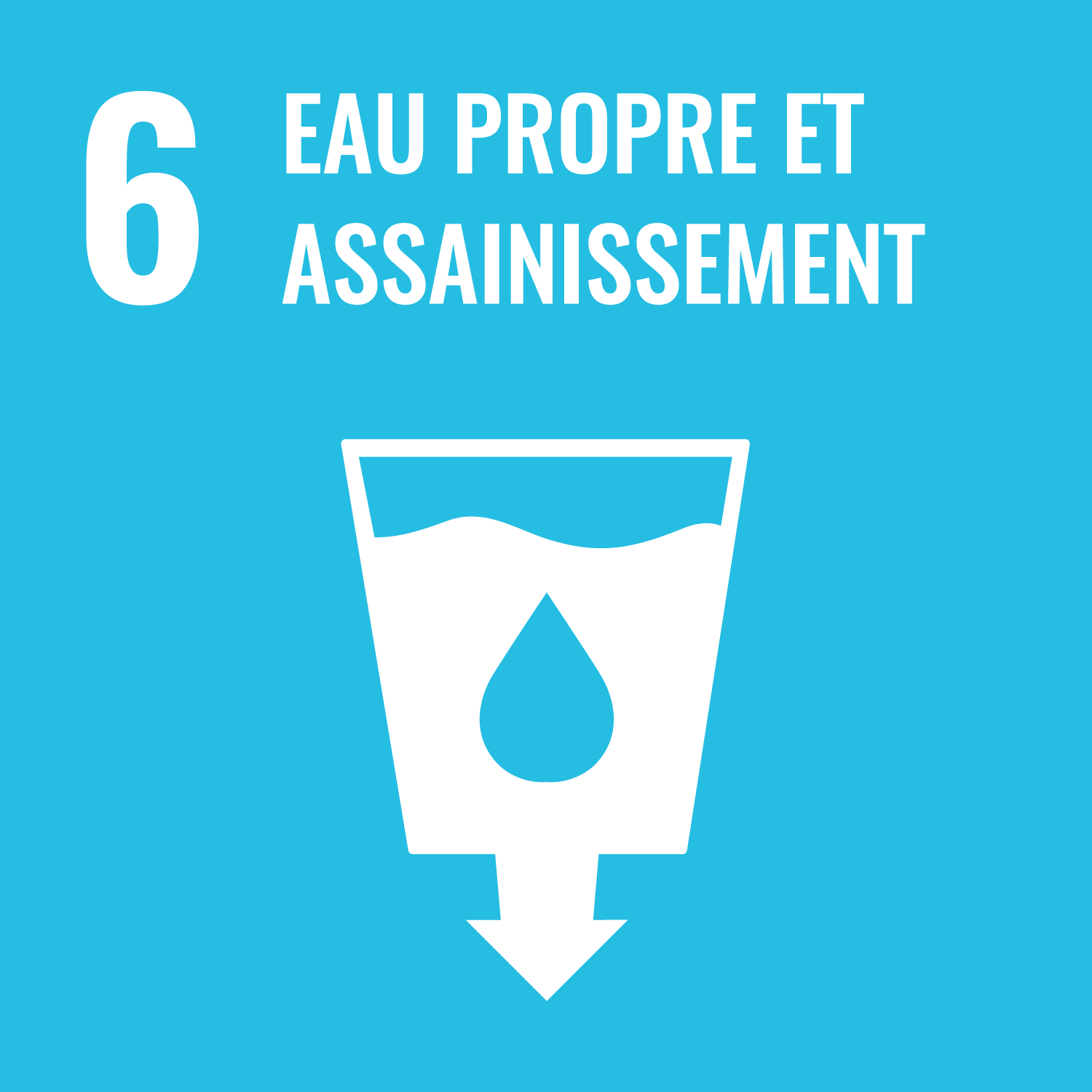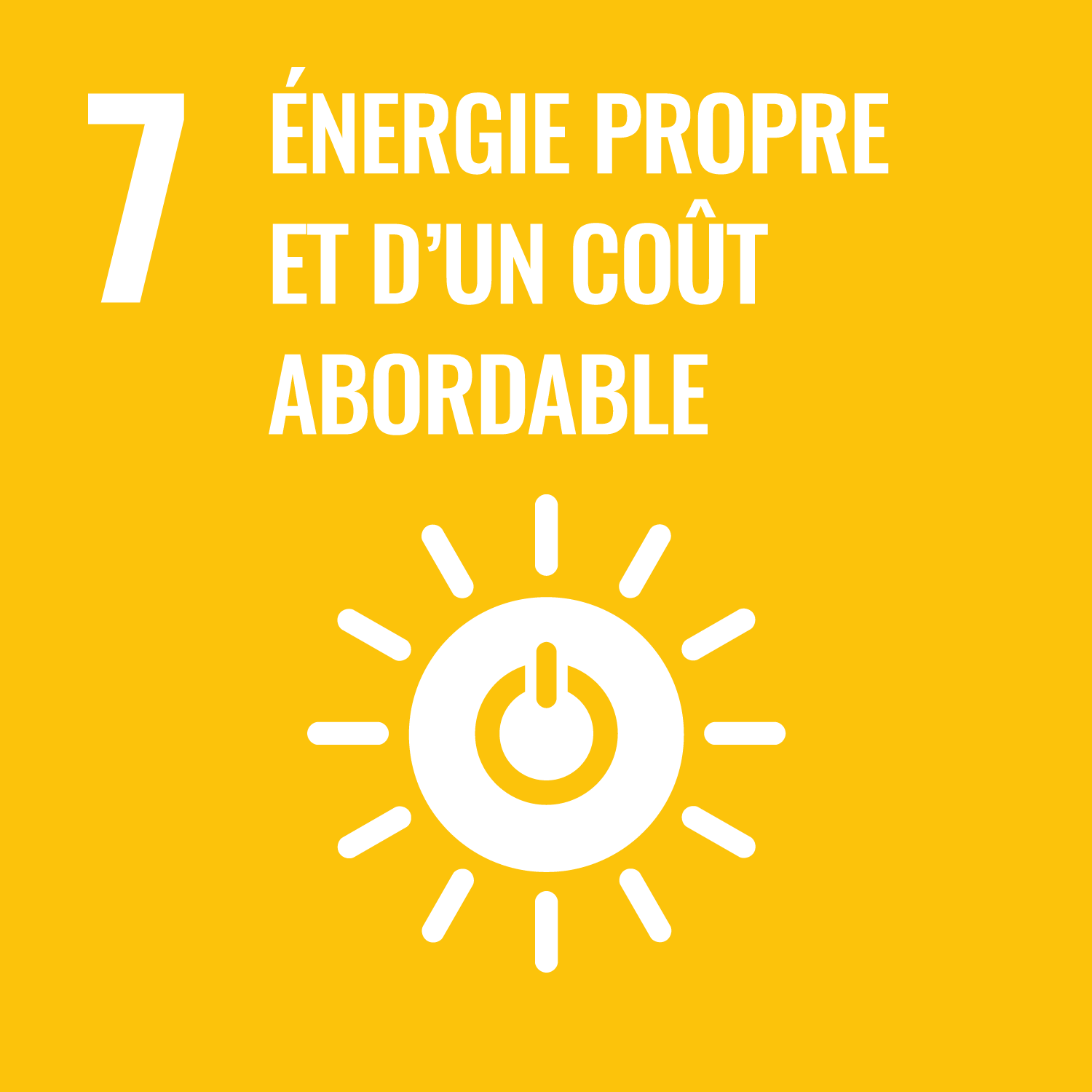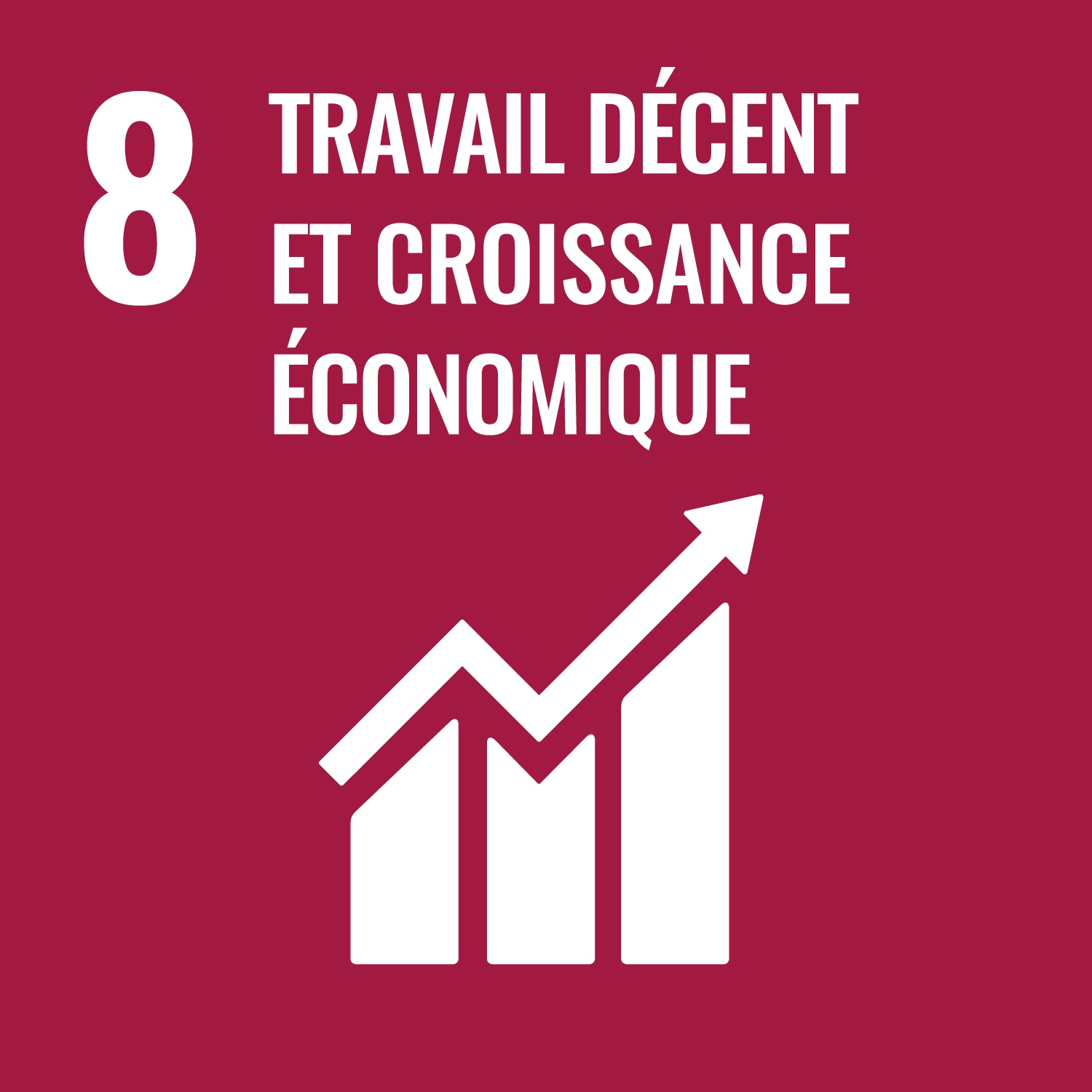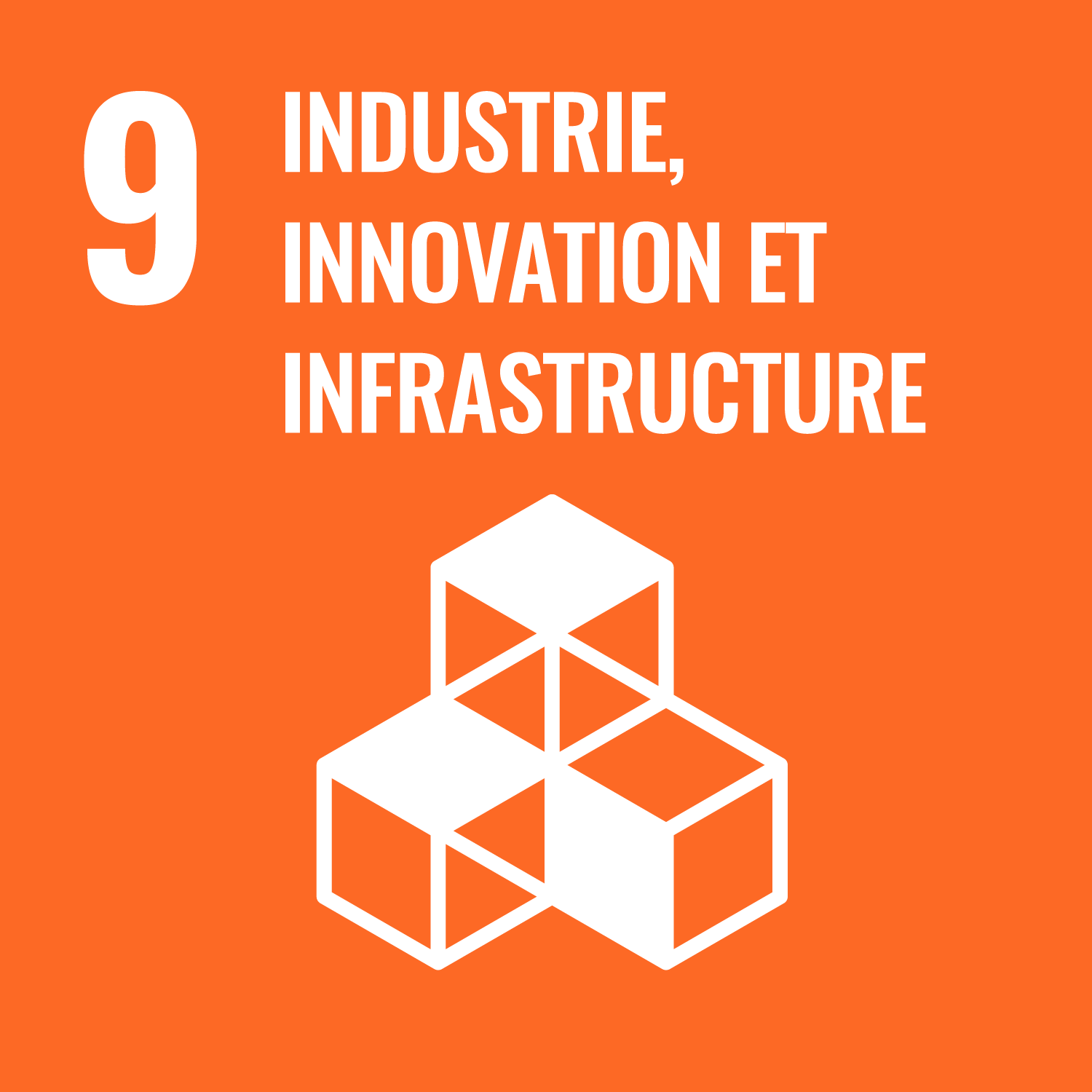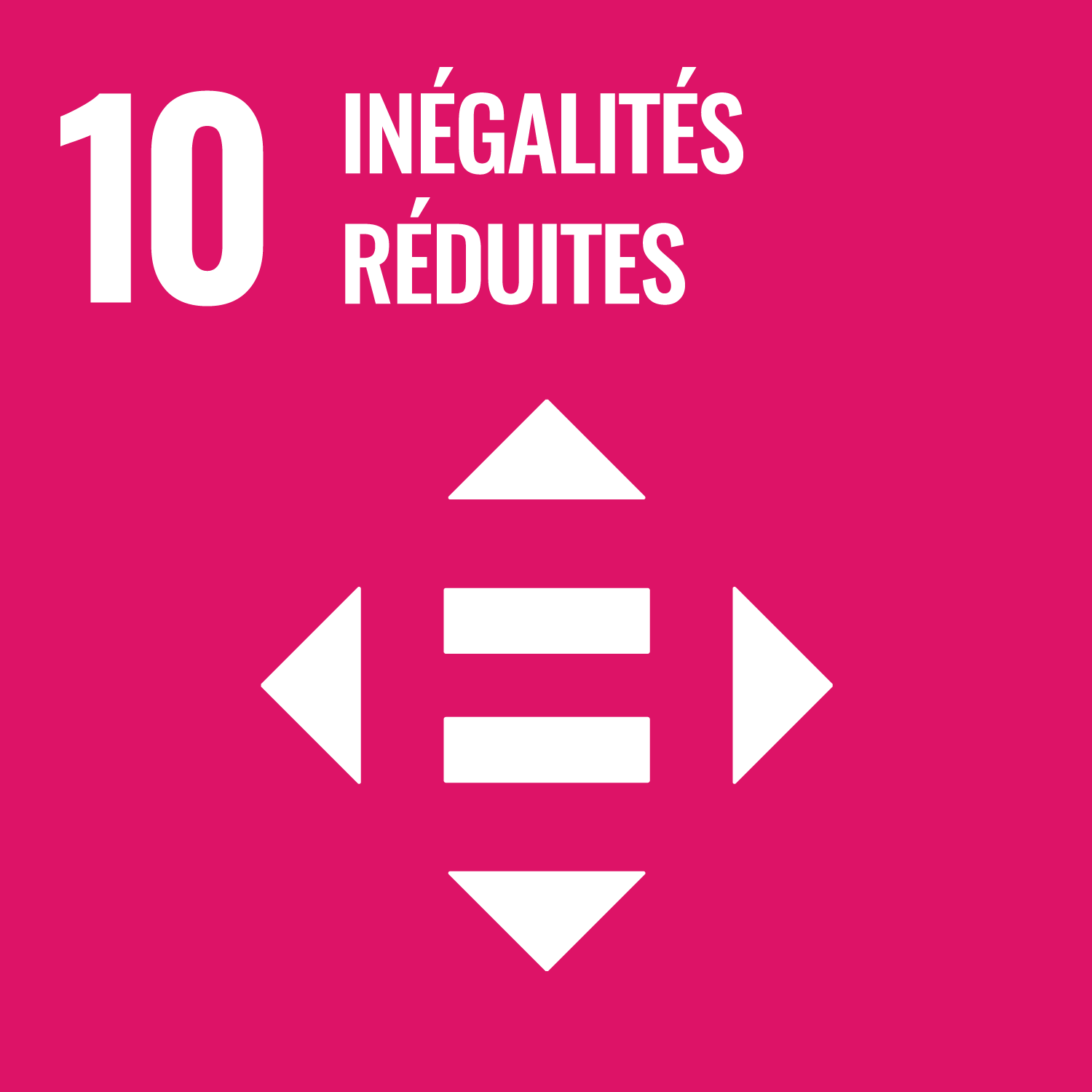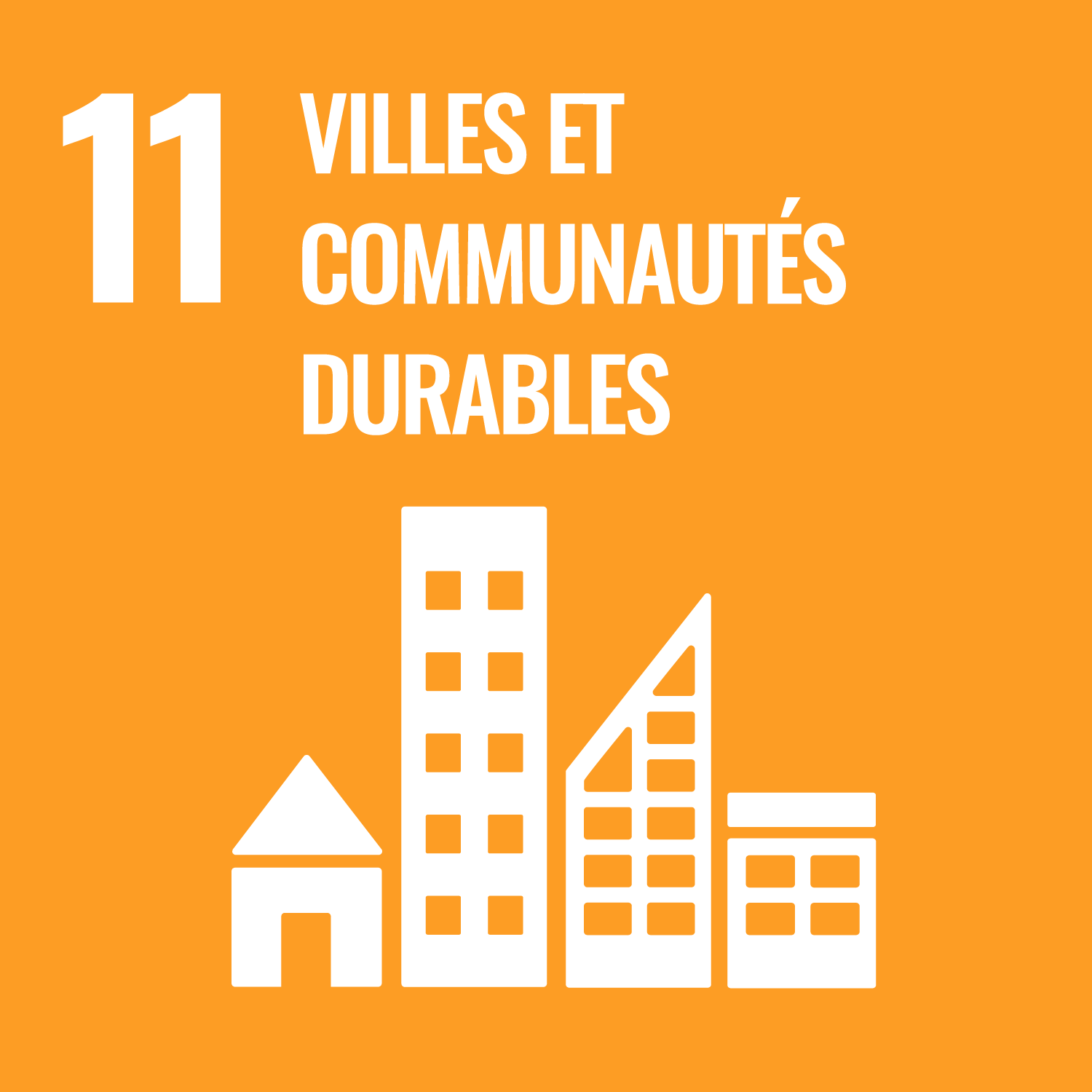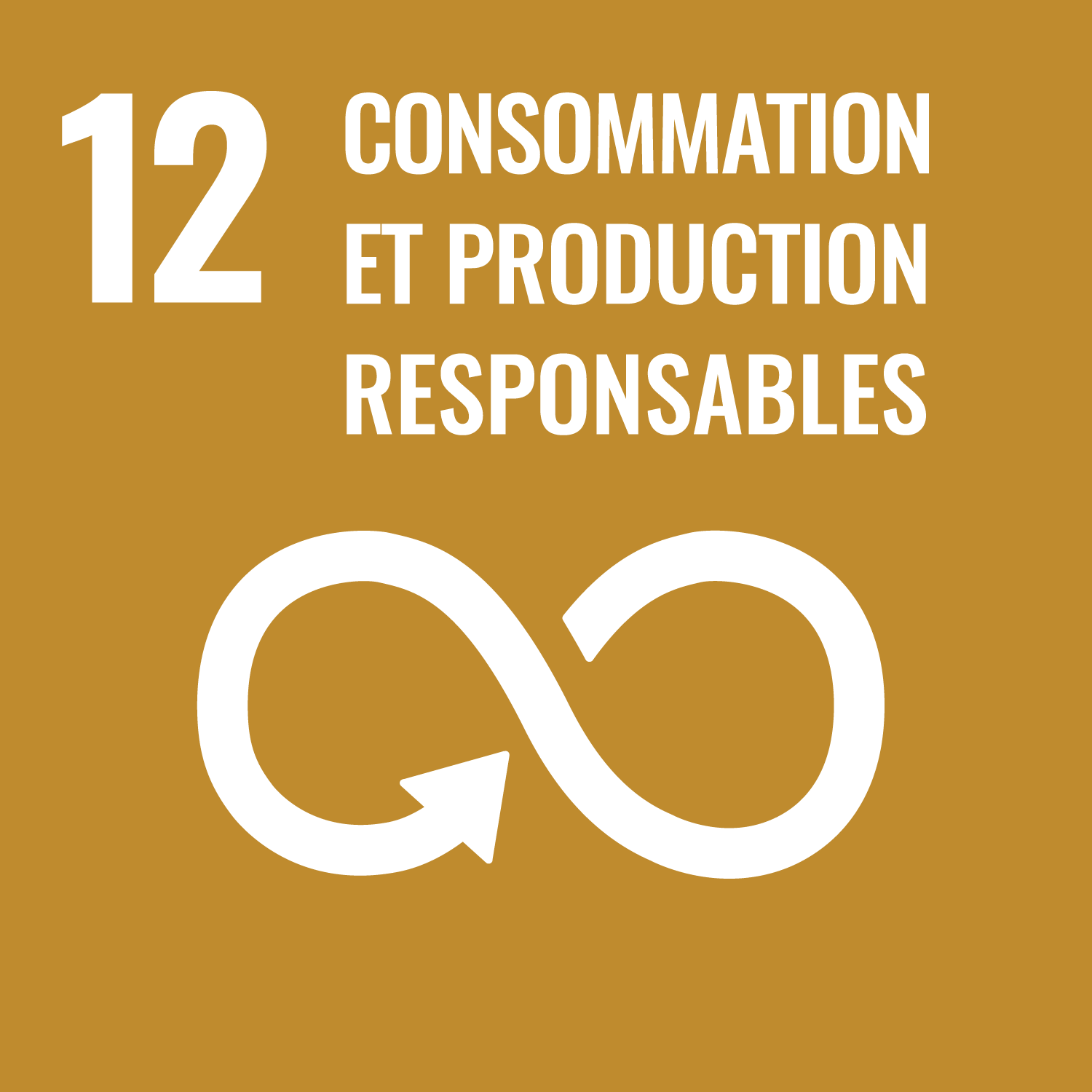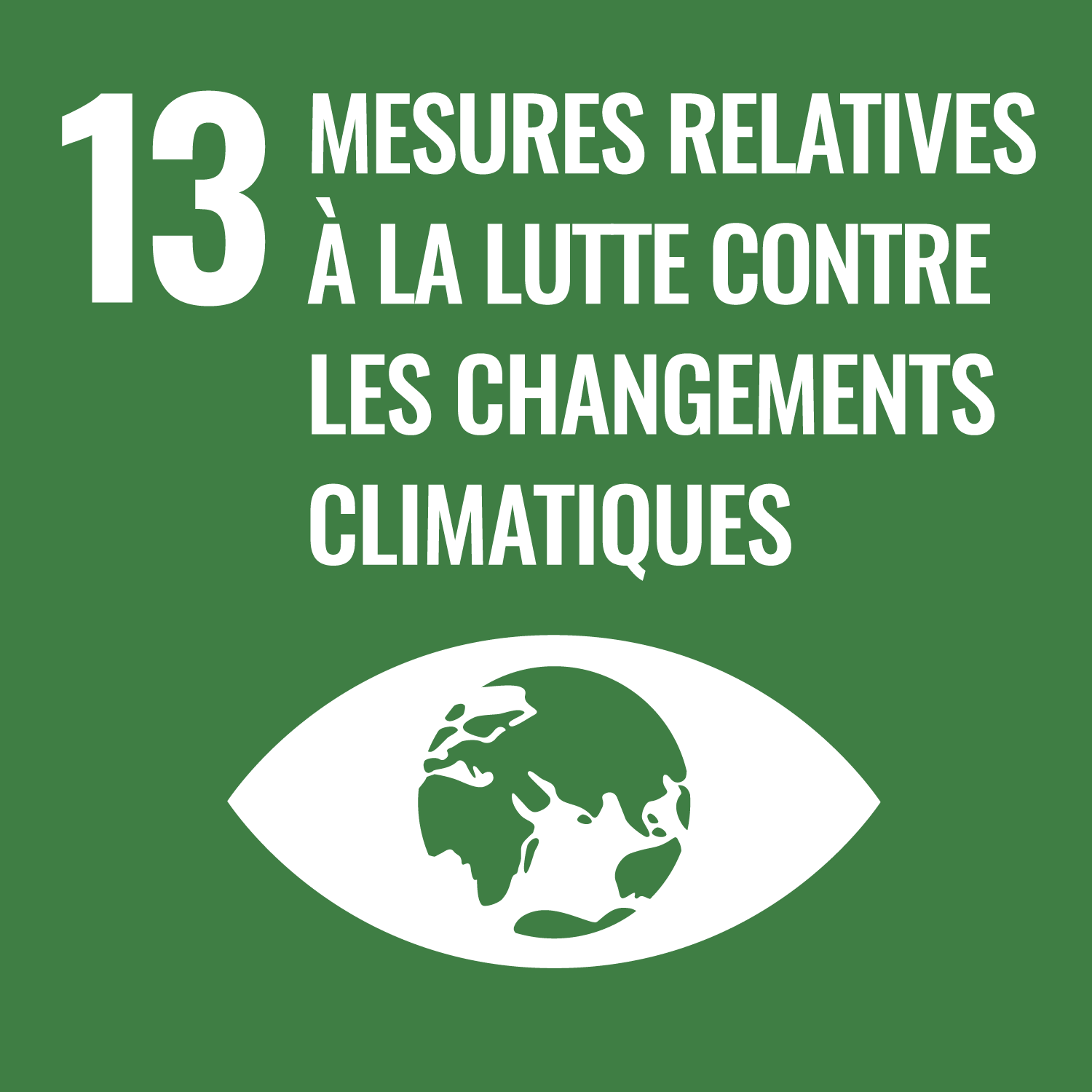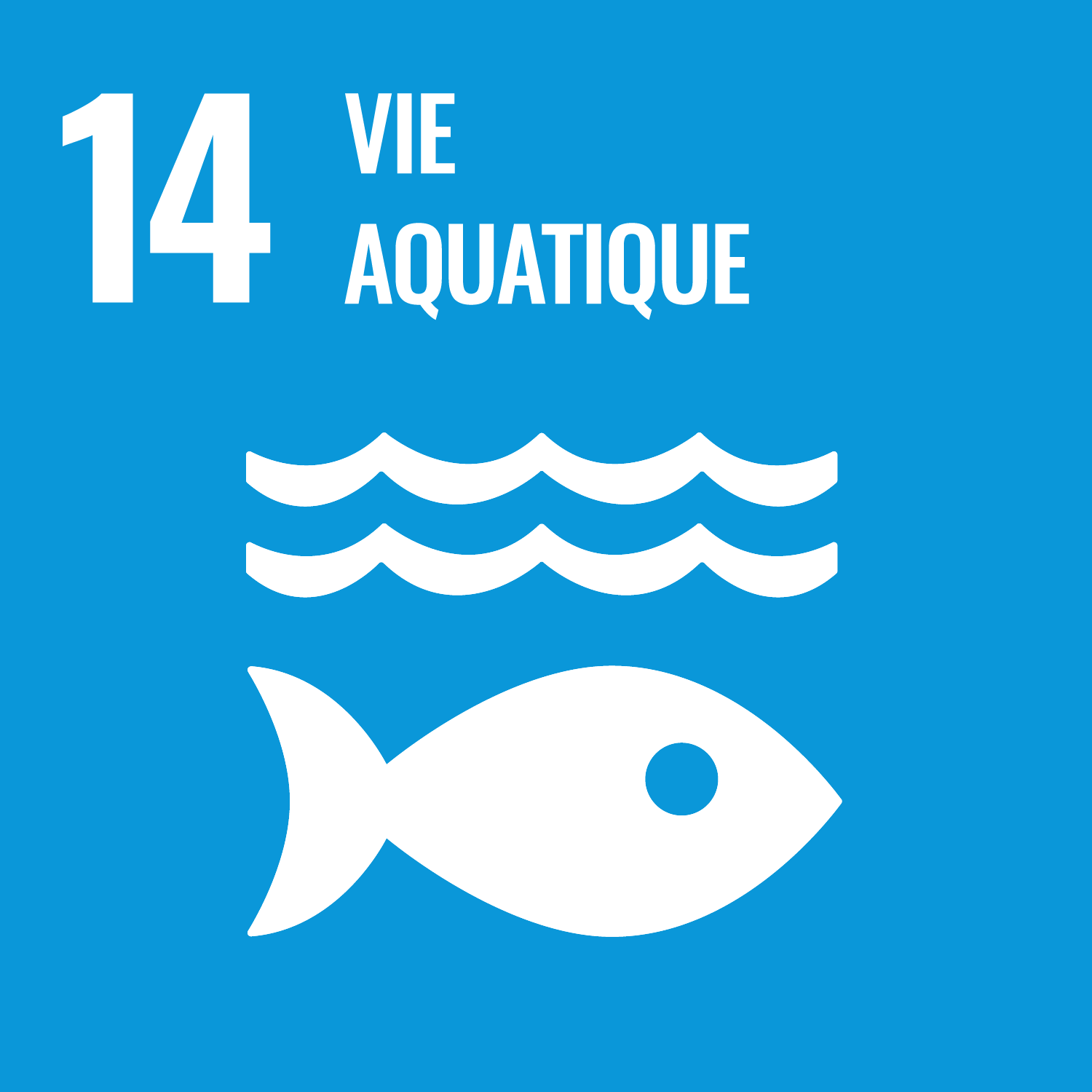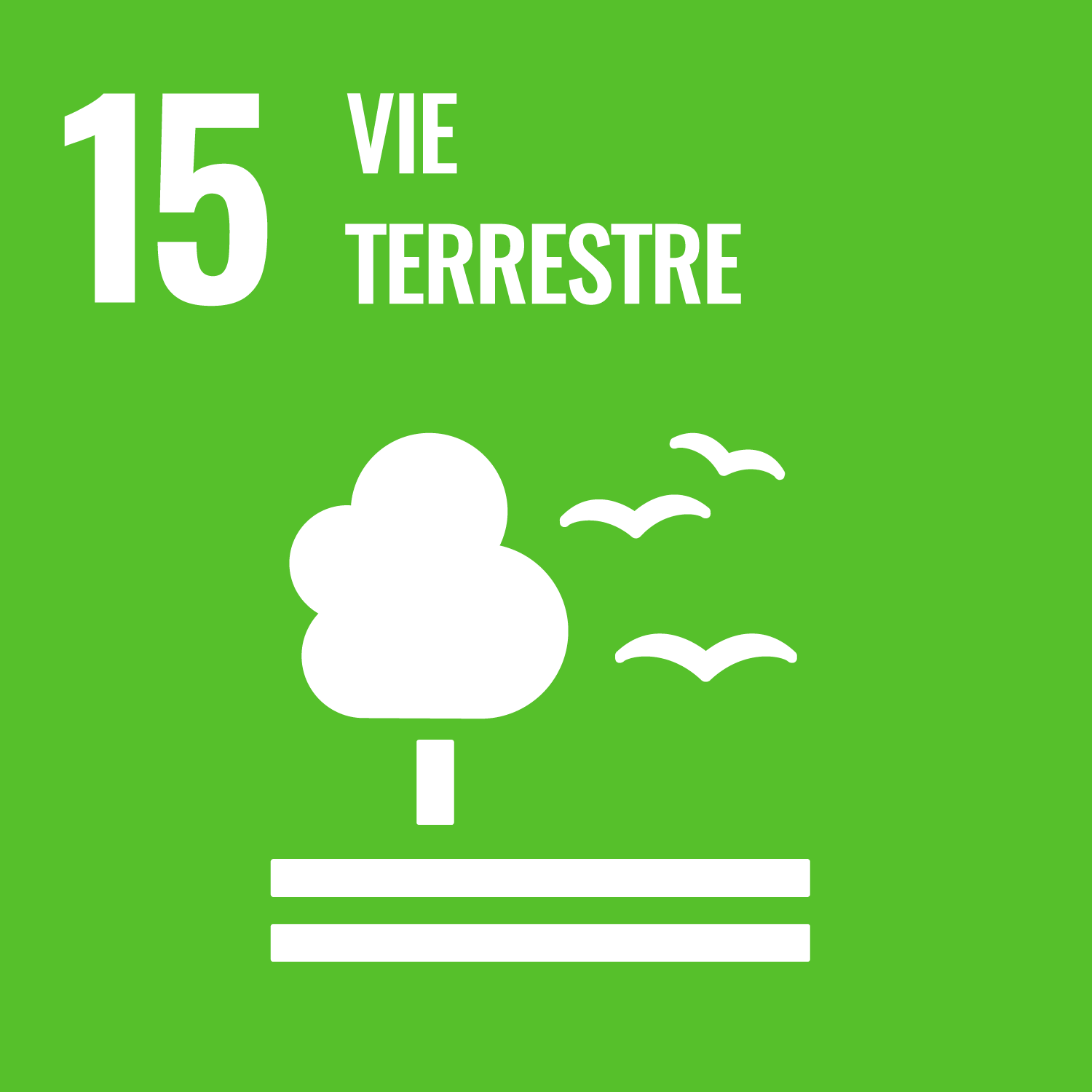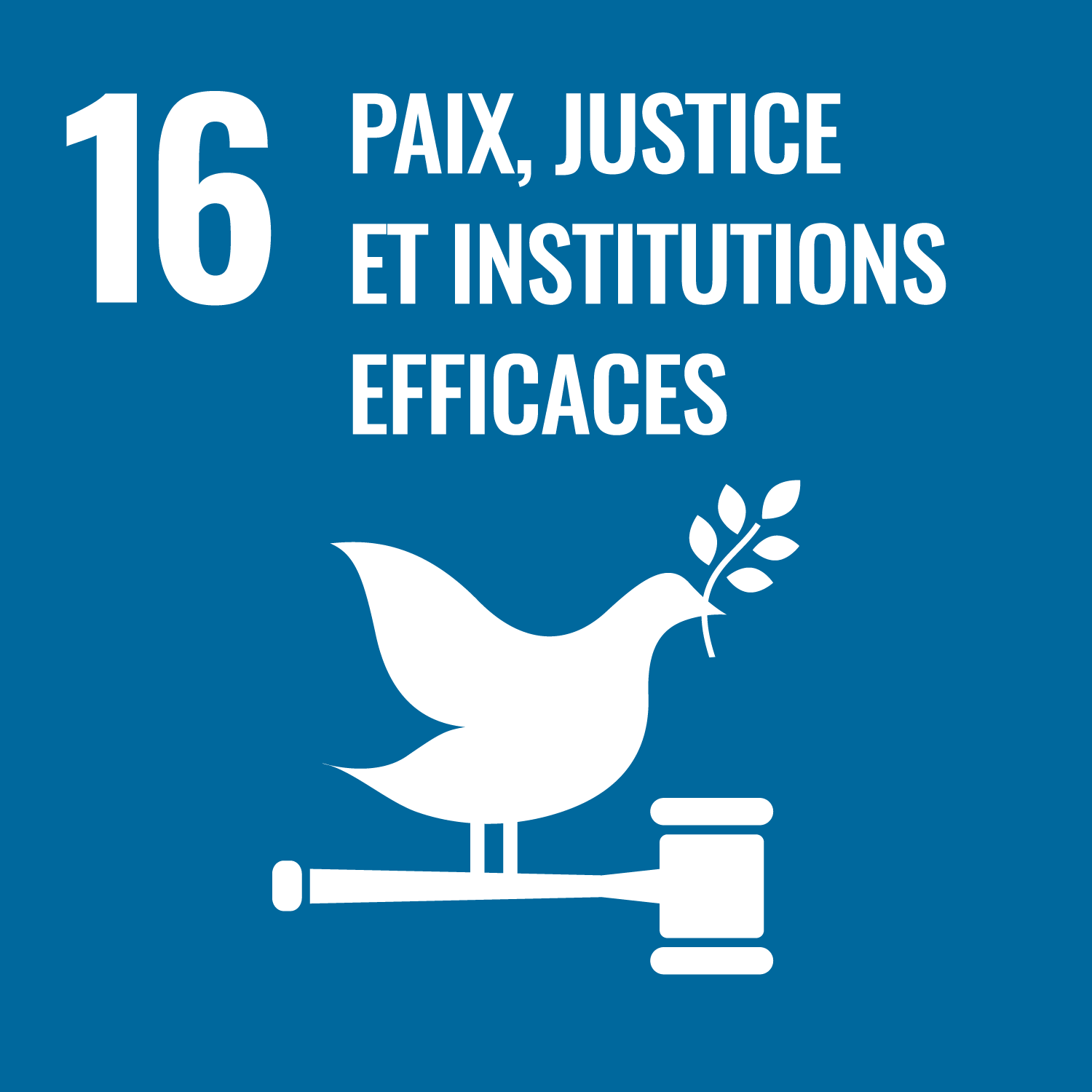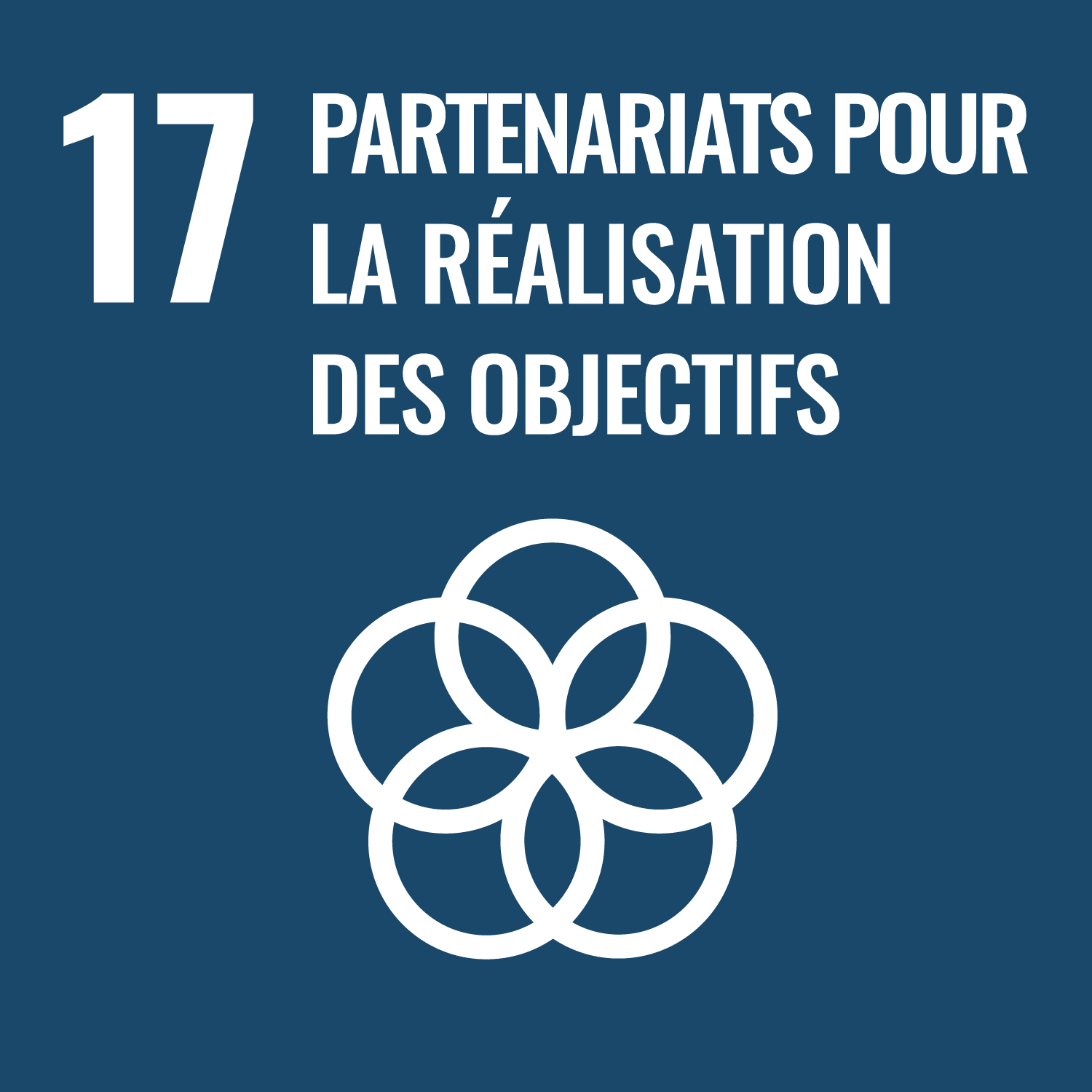Assisting Georgia to build an inclusive and equal society
The United Nations in Georgia, along with various development partners, expressed commitment to further support the transformation of the social protection system for persons with disabilities in Georgia.
A one-day meeting was convened by the United Nations to assess progress in the implementation of the Joint Programme ‘Transforming Social Protection for Persons with Disabilities (PwDs) in Georgia’.
UN Resident Coordinator Sabine Machl opened the meeting. Other speakers included Deputy Minister of MoIDPOTLHSA Tamila Barkalaia, Human Rights Advisor, Prime Minister’s Office Niko Tatulashvili, Deputy Chair of the Parliament Legal Affairs Committee Rati Ionatamishvili, and Public Defender Nino Lomjaria.
Using an action-oriented approach, participants discussed the remaining gaps in the social protection system for persons with disabilities and identified areas to further address issues affecting persons with disabilities.
Launched in January 2020 with USD 2 million from the Joint SDG Fund, a multi-sectoral approach has been used to enhance social protection for persons with disabilities. The Joint Programme involves collaboration among UNICEF, UNDP, UNFPA, UN Women, WHO, and OHCHR, as well as the Government, civil society and organizations of people with disabilities. The focus of the Programme was to improve the policy environment, advance the accessibility of infrastructure, information and services, promote social inclusion, and increase access to social services for people with disabilities in Georgia, as well as to support the effective implementation and monitoring of the United Nations Convention on the Rights of People with Disabilities (UN CRPD).
“The joint efforts of the UN advanced transformative and lasting change for persons who are too often left behind,” said Sabine Machl, UN Resident Coordinator in her opening remarks.
“We made good progress in developing more inclusive legislation, reforming the way disability determinations are made - and thereby end the invisibility of persons with disabilities, ensuring access to sexual and reproductive health and reproductive rights for all persons with disabilities as well as preventing and responding to gender-based violence”. She also noted that “today’s meeting is an important step in supporting the sustainability of the achieved results and driving change across a variety of interconnected issues”.
Since 2020, the Joint Programme supported reforms for enabling the legislative and policy environment in Georgia and advocated for adopting the new Law on the Rights of Persons with disabilities which facilitated the process of bringing Georgian legislation in compliance with UN CRPD standards as well as advocated for ratification of the Optional Protocol to UN CRPD. With support from the Joint Programme, one of the most important mechanisms for CRPD implementation - the Interagency Committee on the Rights of Persons with Disabilities -was created, annual action plans on implementation of the Law on the Rights of Persons with Disabilities (LRPD) and the national regulatory framework on accessibility were elaborated.
With the JP's support the draft Human Rights Strategy, as well as a number of annual action plans on implementation of the Law on the Rights of Persons with Disabilities (LRPD) and the national regulatory framework on accessibility were elaborated. Relevant national policies and plans and educational platforms that guarantee access to family planning and antenatal care for women with disabilities, as well as mechanisms for identification and management of GBV, were updated and developed.
Under this Joint Programme, the process and procedures of the disability assessment and status determination system based on a social model of disability were formulated, piloted and refined to match the needs of various disability groups. Mechanisms for the roll-out of the new disability assessment system were developed including (1) a roadmap to create a cadre of professionals necessary for the assessment; (2) the concept for the system’s monitoring and professionals’ supervision; (3) information management system; and (4) draft legislative changes to support the transformation process. Over 1,500 persons (including children) with disabilities have been assessed using the new assessment methodology, as part of the pilot initiatives.
The Joint Programme also enhanced the capacities of legal professionals with a special focus on Legal Aid Service (LAS) as a primary provider of legal aid to persons with disabilities and law enforcement on international CRPD standards.
An Advisory Committee on disability assessment and status determination system was formed, comprised of 10 representatives of different disability communities, including parents and children with disabilities. The Committee as well as various organizations for persons with disabilities were supported. In total, over 409,000 people, including women and girls with disabilities, benefitted from improved knowledge of their rights as well as improved policies and public attitudes, and one million people were reached through awareness-raising initiatives, including on the rights of women and girls with disabilities.
The Joint Programme improved access to social services and employment, including strengthening social services for persons with disabilities in Akhaltshikhe and Shuakhevi municipalities; establishing Social Inclusion Centers in Ambrolauri and Tsoliskuri; and setting up a rehabilitation centre for children with disabilities in Abkhazia. In addition, the Joint Programme supported the creation of favourable conditions for employment of persons with disabilities and to ensure their living independently, in partnership with state agencies, the private sector and local municipalities.
It is expected that discussions from the meeting will scale up engagement and implementation of the UN Disability Convention and Georgia’s Law on the Rights of Persons with Disabilities (LRPD), including the effectiveness of the newly created Coordination Committee, better access to quality services in the areas of sexual and reproductive health and gender-based violence and transformation of the disability assessment and status determination system.


